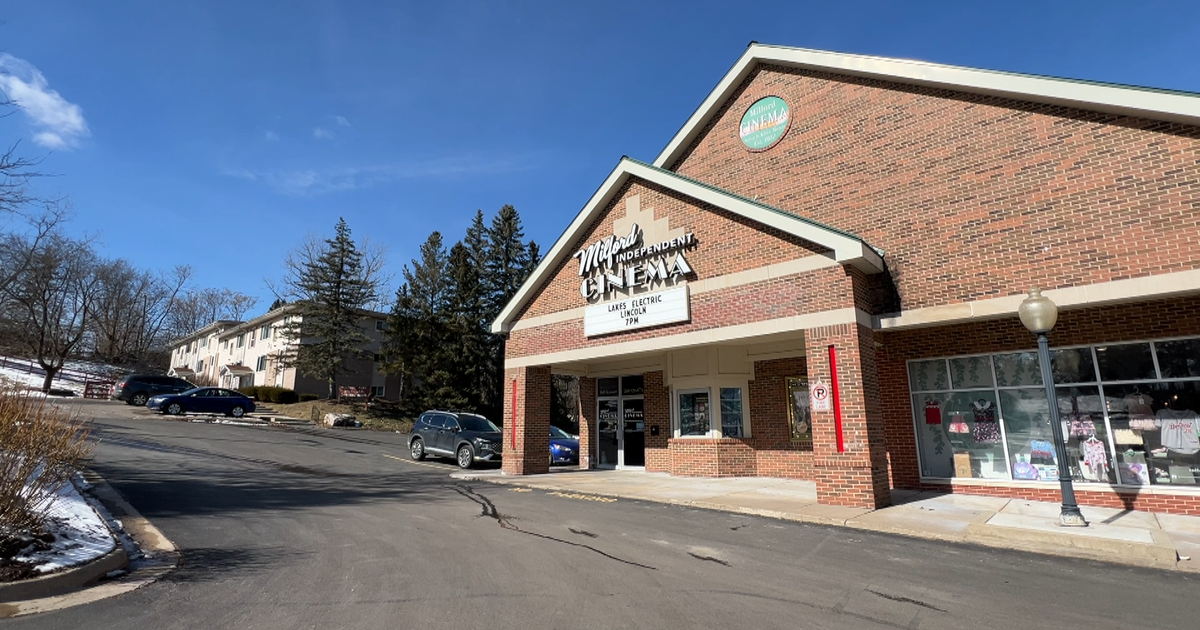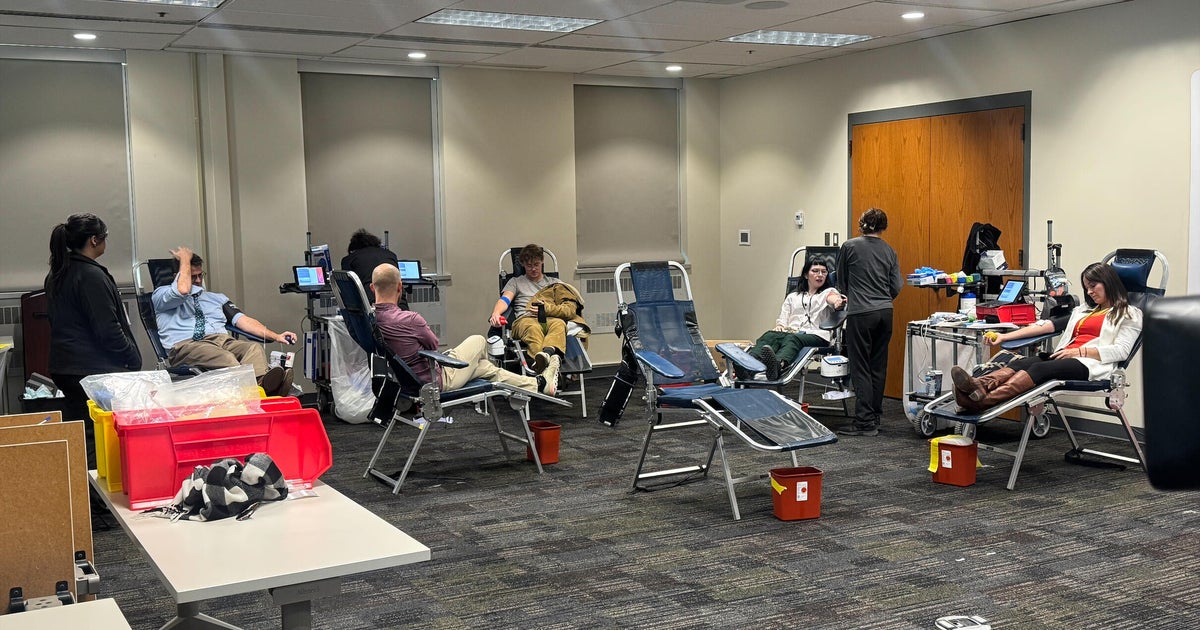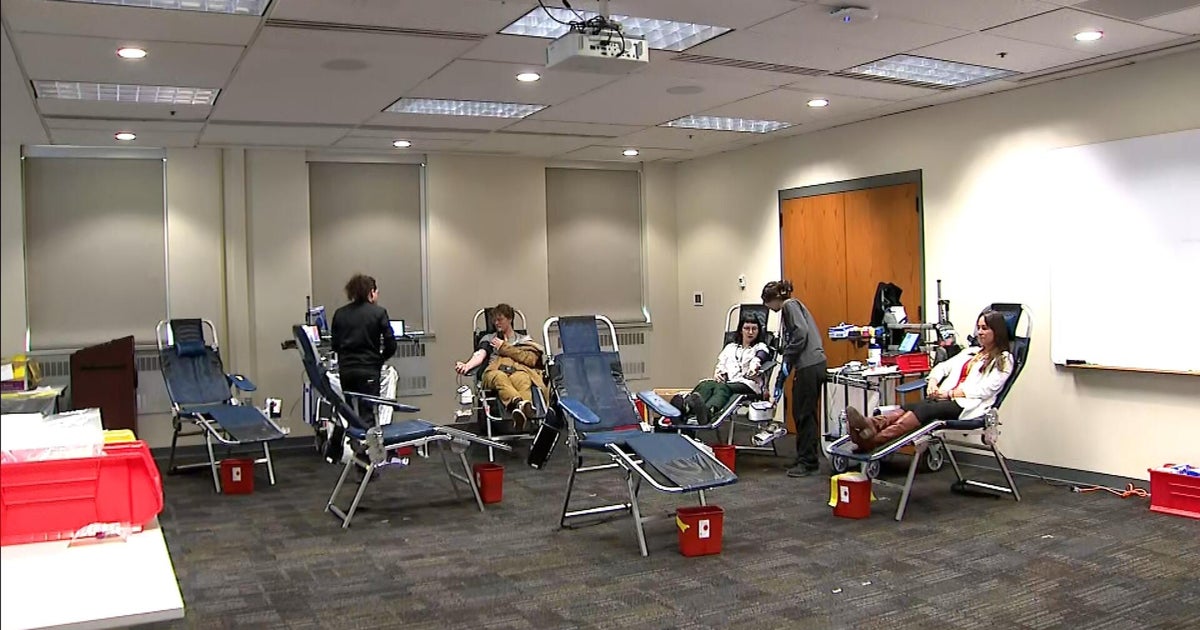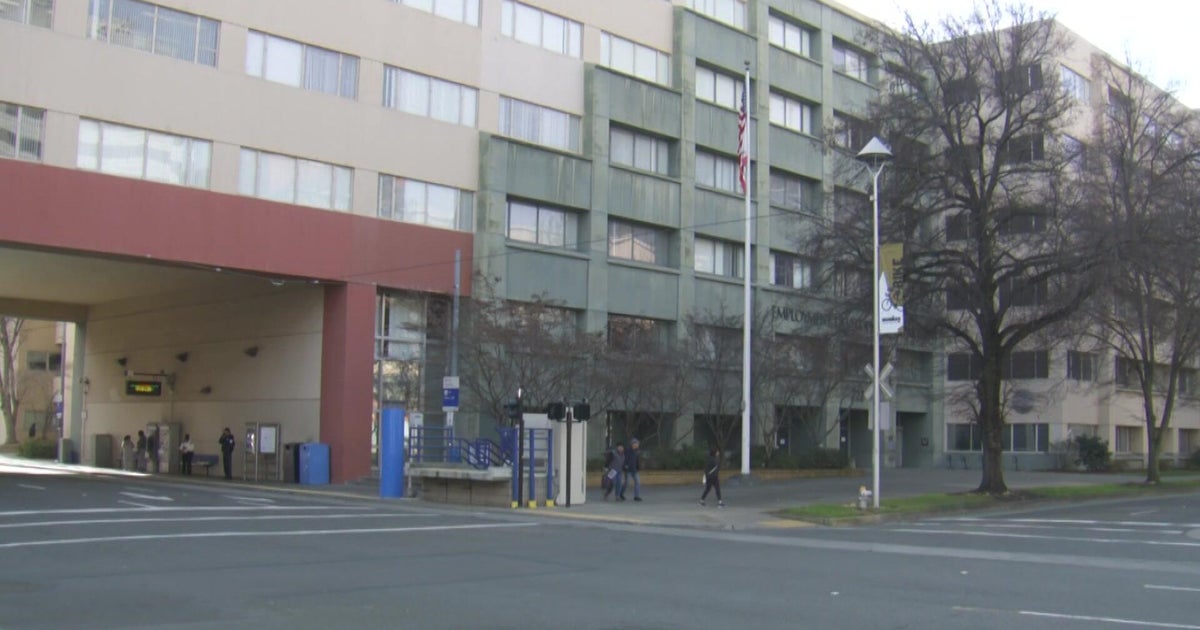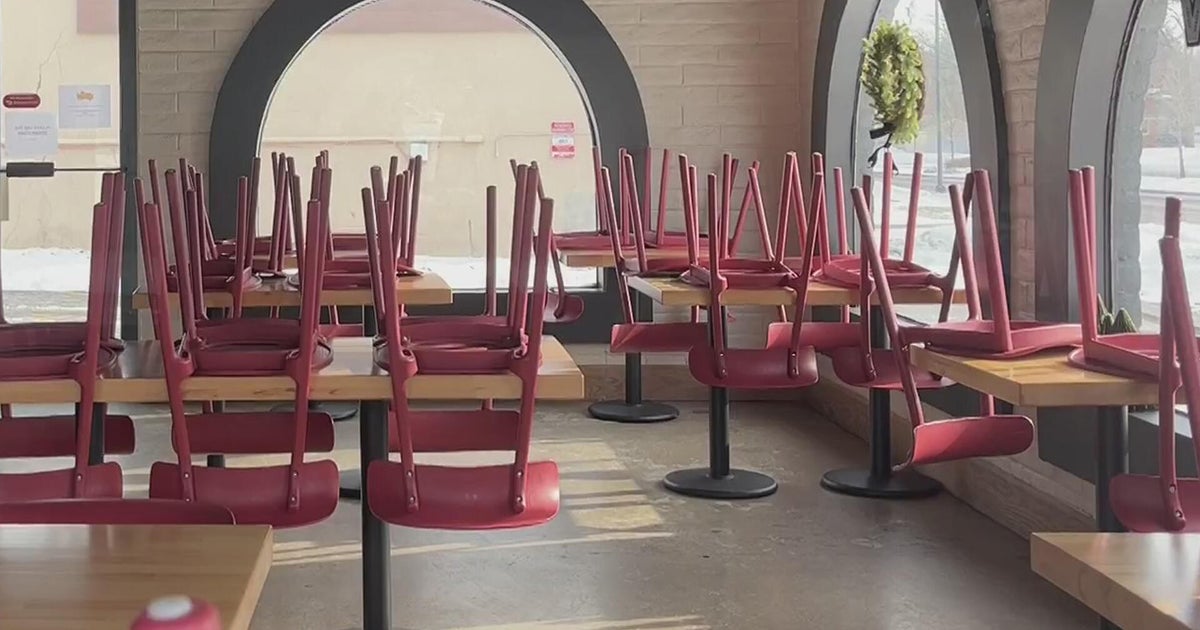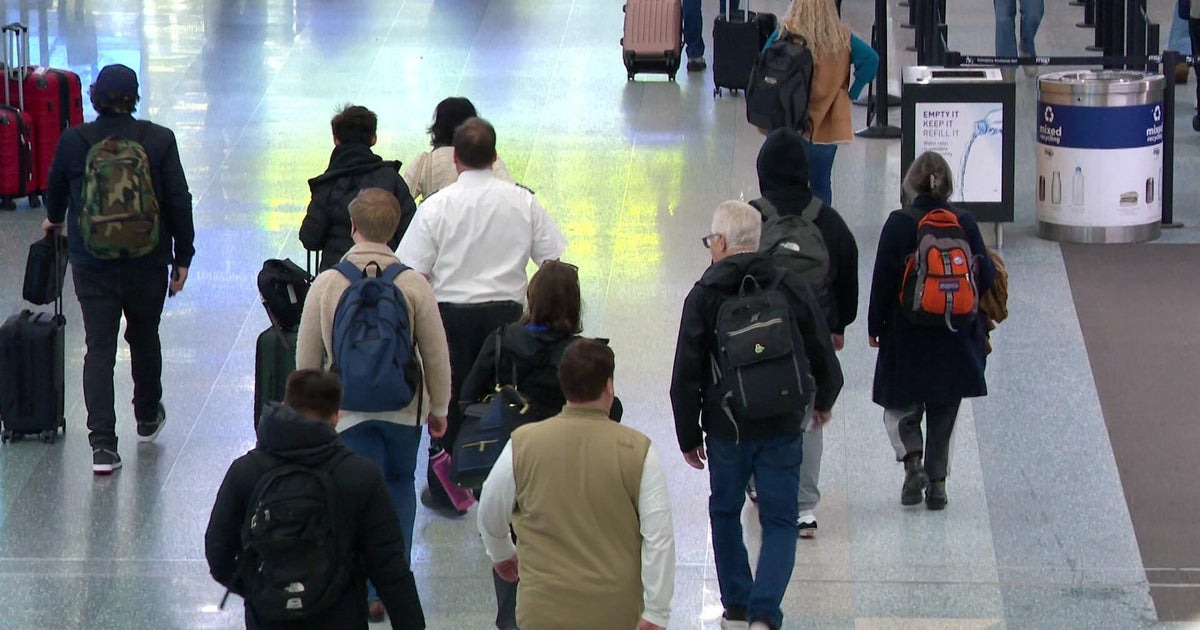Michigan, Other States Grapple With Poll Worker & Paper Shortages
(CNN) -- For the first time in its history, Alaska will conduct a statewide election primarily by mail because officials worry they lack the time to gather the people and paper needed to conduct an in-person election in June.
In Michigan, Ingham County Clerk Barb Byrum says she fears increased animosity toward election officials is contributing to the shortage of poll workers needed for local elections in May.
And around the country, election officials are racing to place advance orders for ballot paper, registration cards and mail-in ballot envelopes.
The supply chain and staffing shortages that have plagued the rest of the US economy have come to elections, putting a spotlight on the behind-the-scenes logistics of keeping democracy functioning.
And experts warn the problem could grow worse as more elections crowd the calendar.
"In November, everybody is going to need everything on essentially the same timeframe," Amy Cohen, who runs the National Association of State Election Directors, said during a recent congressional roundtable discussion on the supply-chain problems.
The paper crunch first emerged in Texas this year, which kicked off the midterm primary season. Officials in the Texas secretary of state's office said supply chain delays forced them to set limits on the number of voter registration forms it could distribute, angering third-party registration groups.
Sam Taylor, Texas' assistant secretary of state for communications, said most county election officials have ordered enough bulk materials to last through the end of May. The state will hold primary runoffs May 24 that will decide nominees in high-profile attorney general and congressional races.
It's not just paper.
In Alaska, state Elections Director Gail Fenumiai said holding an in-person election for the state's June 11 special primary would have required hiring about 2,000 workers -- a difficult feat. The election is scheduled to fill the seat of Rep. Don Young, who died earlier this month.
And in New Jersey, Democratic Gov. Phil Murphy recently signed a new law that aims to help poll-worker recruitment. The state is helping fund a pay increase that will provide poll workers $300 a day, up from the current day rate of $200.
Quest for federal dollars
Voting experts say the supply-chain disruptions and the scramble to hire recruit poll workers underscore the need for a reliable stream of federal funding to avert big problems in November.
The $75 million included in a federal spending bill President Joe Biden recently signed "barely scratches the surface of the need," Tiana Epps-Johnson, executive director of nonpartisan Center for Tech and Civic Life, told Fredreka in a recent interview.
The Center for Tech and Civic Life is now part of a coalition, called the Election Infrastructure Initiative, that's urging Congress to provide $20 billion in federal election funding over a decade.
On Monday, Biden released a budget proposal that includes a big bump: $10 billion in election assistance funding over 10 years, including a call for free postage on mail-in ballots.
In a statement, Epps-Johnson praised Biden's budget request and urged Congress "to follow suit" and approve the funding.
The quest for additional federal funding comes after Republican states have moved to strip away private sources of money to help run elections, with 11 states last year banning such practices.
How to help
Wondering what you can do to help? Signing up to serve as a poll worker on Election Day is one option.
In a recent interview with CNN, Thomas Hicks, chairman of the US Election Assistance Commission, argued that working the polls gives Americans a unique vantage point on elections, particularly those who view the system with skepticism.
"They'll see it from the inside. They'll see that there's no man behind the curtain trying to manipulate the vote," he said. "It's your neighbors down the street, your schoolteachers, your pastor. These are the folks who are serving as poll workers. It's a part of doing their part for our democracy."
This link -- from the National Association of State Election Directors -- offers information on how to become a poll worker in each state and US territory.
Parting words
In Georgia, Fulton County election chief Rick Barron became one of the highest profile election officials in the state following the 2020 election.
Former President Donald Trump and his allies repeatedly targeted Fulton County, which includes much of Atlanta, with false claims of election fraud following Trump's narrow loss in this traditionally Republican state. And Barron and his staff endured threats and harassment for months.
After 22 years in election administration, Barron is headed for the exits this week. (He formally announced his resignation in November but stayed for a few extra months.)
As he prepares to leave, Barron is looking back on his tenure running elections in Georgia's most populous county. Among other things, he's highly critical of recent laws that impose greater restrictions on voting and allow for partisan takeovers of local election offices.
"There are elected officials being led around by the nose by some extremists and conspiracy theorists," Barron said on CNN over the weekend. "They lack the courage to stand up to them."
And he warned that more election officials could be on the way out. "The institutional knowledge is going to be lost," he added.
The-CNN-Wire™ & © 2022 Cable News Network, Inc., a WarnerMedia Company. All rights reserved.

